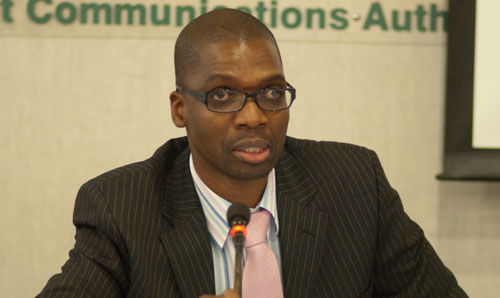
The Independent Communications Authority of SA (Icasa) is holding public hearings on Thursday to allow telecommunications operators to present their definitions of an “underserviced area”. The definitions are important because, under Icasa’s guidelines for future spectrum allocation, those who get access to it will have to provide services in these areas.
In its presentation, the first on at the hearings, Telkom said it had no objections to Icasa’s definition of the term, but wanted clarification for the terms “network coverage/limited coverage”.
Telkom said that according to its own definition, “coverage” referred to wireless services and was applicable to “point-to-area spectrum bands like mobile and fixed wireless voice, mobile data/broadband and mobile TV”.
It said that when it came to fixed network services, however, this concept was usually referred to as the “access network”.
According to Telkom, coverage should not apply to fixed networks as this would entail “extremely complicated calculations down to distribution-point level”, which it said might not match the reality of people’s needs if these terms were not properly defined.
Icasa councillor Fungai Sibanda said a key term throughout discussions around underserviced areas was “technology neutrality” and the definition referred to both mobile and fixed services.
Telkom said it would like access to the methodology and data Icasa used to determine what constituted an underserviced area and for this to be applied to assign universal service and access obligations to operators.
It said “access” was another problematic term when it came to fixed services because access could refer to people surrounding an access point in a certain radius, or how many people actually had access to it. Telkom said there was a similar problem with mobile where a population might be covered but not have access.
Icasa said the definition referred to access and not proximity.
The hearings continue. — Craig Wilson, TechCentral
- Subscribe to our free daily newsletter
- Follow us on Twitter or on Google+ or on Facebook
- Visit our sister website, SportsCentral (still in beta)




